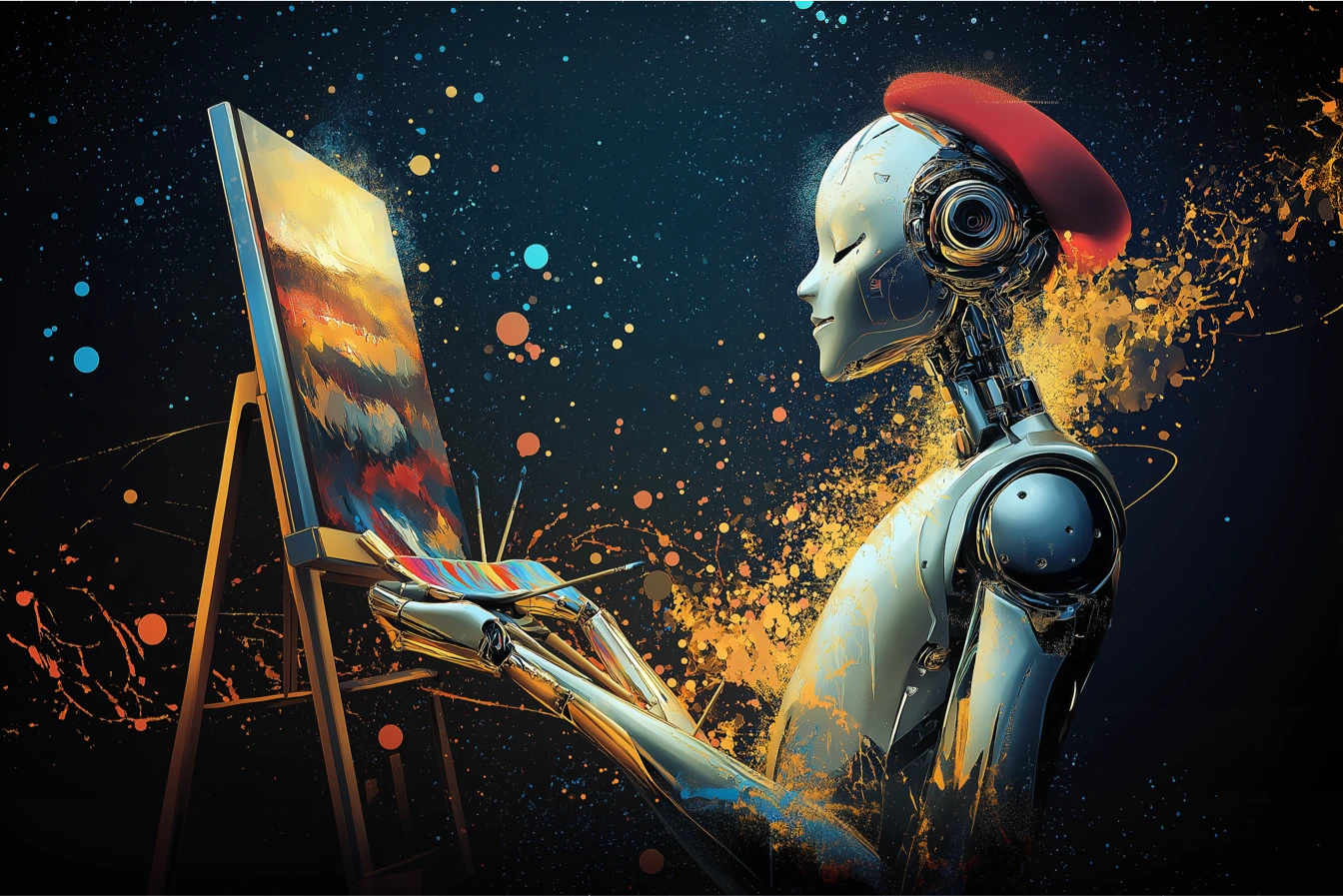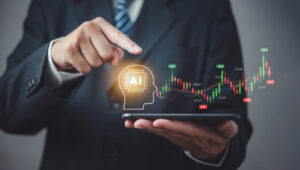In today’s fast-paced digital landscape, businesses are constantly seeking innovative ways to connect with consumers. As technology advances, AI for branding has emerged as a powerful tool to enhance marketing strategies and foster stronger brand connections. This article explores how AI is revolutionizing branding, providing valuable insights for digital creators aiming to stay ahead of the curve.

Understanding AI in Branding
Artificial Intelligence (AI) is a technology that mimics human intelligence to perform tasks and solve problems. In branding, AI involves using data-driven algorithms to analyze consumer behavior, predict trends, and deliver personalized experiences. By leveraging AI, brands can gain a competitive edge and engage their audience more effectively.
The Role of AI in Brand Development
1. Personalized Consumer Experiences
One of the significant advantages of AI for branding is its ability to create personalized consumer experiences. AI algorithms analyze consumer preferences, purchase history, and online behavior to deliver targeted content and recommendations. This personalization fosters brand loyalty and enhances customer satisfaction.
2. Enhanced Customer Insights
AI empowers brands with deep customer insights. By analyzing vast amounts of data, AI identifies patterns and trends that humans might overlook. This data-driven approach enables brands to make informed decisions, improve products, and tailor marketing strategies to meet consumer demands.
AI-Powered Branding Tools
3. Chatbots for Customer Engagement
Chatbots, powered by AI, have become indispensable in customer service and engagement. These virtual assistants provide instant responses to customer queries, offering 24/7 support. By integrating chatbots into their branding strategy, businesses can enhance customer experiences and build trust.
4. Automated Content Creation
AI algorithms can generate high-quality content efficiently. From product descriptions to social media posts, AI-powered tools assist digital creators in producing engaging content that resonates with the target audience. This automation saves time and resources, allowing brands to focus on strategic initiatives.
AI’s Impact on Visual Branding
5. AI-Driven Graphic Design
AI is transforming visual branding through graphic design. Tools like Leonardo AI and Filestage offer AI-powered solutions for creating stunning visuals. By leveraging these tools, brands can produce captivating graphic content that aligns with their brand identity. Learn more about AI graphic design.
6. Image Recognition Technology
Image recognition technology, powered by AI, enables brands to analyze visual content and gain insights into consumer preferences. This technology helps brands understand how their products are perceived visually, allowing them to refine their visual branding strategies.
AI in Social Media Branding
7. Social Media Analytics
AI tools provide valuable social media analytics, helping brands measure engagement, track trends, and optimize their social media strategies. By understanding audience behavior, brands can create more impactful social media campaigns. Explore social media content packs for enhanced branding.
8. Influencer Collaboration
AI facilitates influencer collaboration by identifying the most suitable influencers for a brand’s target audience. This data-driven approach ensures that brands partner with influencers who align with their values, leading to more authentic and successful collaborations. Discover tools for therapists and coaches for influencer marketing.
Challenges and Considerations
9. Data Privacy Concerns
While AI offers numerous benefits, it also raises concerns about data privacy. Brands must ensure that they handle consumer data responsibly and comply with data protection regulations. Transparency and ethics are crucial in building consumer trust.
10. Balancing Automation and Human Touch
AI automation should complement, not replace, human creativity and intuition. Brands need to strike a balance between automated processes and the human touch to maintain authenticity and emotional connections with consumers.
The Future of AI in Branding
11. AI-Driven Innovation
The future of AI for branding promises exciting innovations. From virtual reality experiences to AI-generated storytelling, brands will continue to harness AI’s potential to create immersive and memorable brand experiences.
12. Sustainability and AI
AI can contribute to sustainability efforts by optimizing supply chains, reducing waste, and promoting eco-friendly practices. Brands that embrace sustainable AI practices will resonate with environmentally conscious consumers.
Implementing AI in Your Branding Strategy
13. Identifying Key AI Tools
To implement AI in branding, digital creators should identify the right AI tools that align with their goals. Whether it’s AI-powered design software or data analytics platforms, choosing the right tools is essential for success. Explore customer reviews for insights on AI tools.
14. Training and Adoption
Successful AI implementation requires training and adoption within the organization. Brands should invest in educating their teams on AI technologies and fostering a culture of innovation and experimentation.
15. Measuring ROI
Finally, brands must measure the return on investment (ROI) of their AI initiatives. By analyzing key performance indicators and consumer feedback, brands can assess the effectiveness of their AI-driven branding strategies.
Conclusion
In conclusion, AI for branding presents a wealth of opportunities for digital creators and businesses to enhance their marketing strategies. From personalized consumer experiences to AI-powered design, the potential of AI in branding is vast and promising. By embracing AI responsibly and creatively, brands can forge stronger connections with their audience and thrive in the digital age.

FAQs
1. How does AI improve branding?
AI improves branding by providing personalized consumer experiences, enhancing customer insights, and optimizing marketing strategies through data-driven analytics.
2. What are the challenges of using AI in branding?
The challenges include data privacy concerns, balancing automation with human creativity, and ensuring ethical AI practices to maintain consumer trust.
3. How can digital creators leverage AI for branding?
Digital creators can leverage AI by using AI-powered tools for content creation, social media analytics, and influencer collaboration to enhance their branding efforts.







